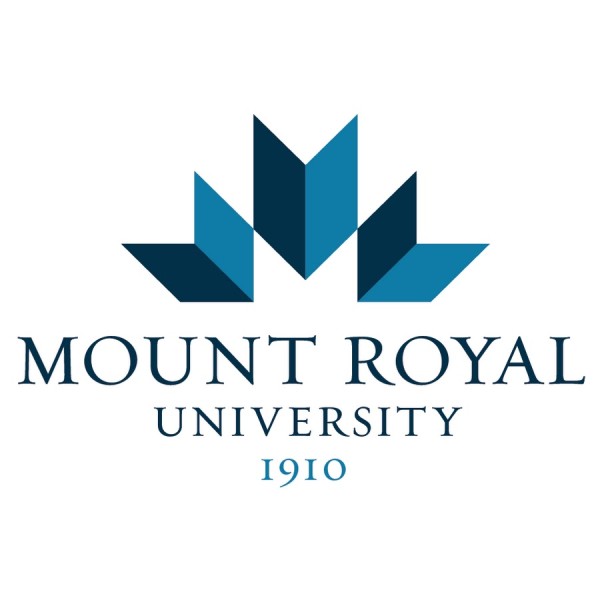o Objective 1: Professional Practice: Professional Practice broadly encompasses the following key areas: student presentation of self (Comportment); conducting oneself in a manner coherent with professional standards in the realm of early learning; responsive interpersonal interactions with children, families, supervisors, and other professionals (Interactions); and the application of confidentiality, ethical behaviour, and strict adherence to policies on and off campus (Ethical Practice).
o Objective 2: Practice of Relationships: Building on the above stated expectations of professional conduct, Practice of Relationships relates specifically to relationships that students establish and nurture through thoughtful, responsive exchange with supervisor(s), parents, other professionals, and children (Interpersonal Practice). This furthermore includes verbal, non-verbal, written, and technological communication (Written and Oral Communication).
o Objective 3: Observation, Pedagogical Documentation, Planning/Enacting, and Guidance: Students will demonstrate steady growth in skill development associated with Observation, Pedagogical Documentation, Planning, and Guidance. This involves descriptions, interpretations, assessments, evaluations, planning, guiding children’s learning experiences, and praxis (*the application of theory into practice). Mainstays include responsivity (listening, observing, and enacting), documentation (from brief notes to formal written/visual/pedagogical interpretations), and ongoing discussion/feedback with supervisors.
o Objective 4: Reflective Practice: Through a thoughtful revisiting of previous events (Critical Reflection), Reflective Practice is used to plan, evaluate, make decisions and create and implement change using relevant literature, observations and documentation, knowledge and critical conversations. Engaging in reflective practice provides students opportunities to ask themselves such questions as: What am I doing well? How do my practices reflect my image of the child/adult? What might I do differently next time and why? Reflective practice may be done in critical conversations with peers, mentors, parent, children and supervisors. Journals, learning stories, digital documentation are other tool students may consider.
FINAL EVALUATIONS
Final evaluations apply to all ELCC, CYCC practicums, as well as CHST 3206. The Faculty Supervisor, in collaboration with the Site Supervisor, will determine a student’s final grade.
At the end of the term, students and Site Supervisors will meet together to discuss and complete the final evaluation prior to meeting with the Faculty Supervisor. The Faculty Supervisor will attend all evaluation conferences and mediate any situation where the site supervisor and a student disagree.
A final evaluation meeting will be held during the last month of the semester with the student, Site Supervisor and Faculty Supervisor could be in person or over the phone). The major focus of this meeting is on the final evaluation of the student’s learning and professional performance. Both student the Site Supervisor are required to have completed the final evaluation and submit it via the IPT system prior to the meeting. This is an opportunity for the student to discuss their learning outcomes and to reflect on the trajectory of learning across the term.



Post your comment on this topic.